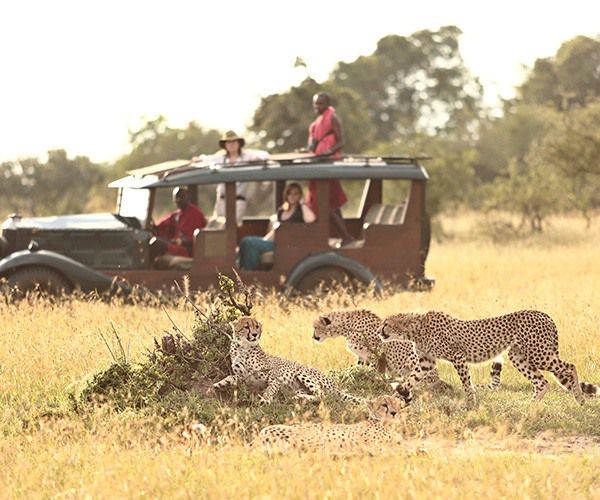
If you’ve booked your first ever safari, or are in the early stages of planning it, the excitement will already be building. You’re probably dreaming of the landscapes, the animals and birds that you’ll see, and the life-affirming experiences you’ll share with your guides and traveling companions. There are plenty of practical considerations during the preparation stage, too. Your destination specialist will likely take care of the majority of these, but you’ll certainly want to make sure that you’ve got travel insurance, checked in with the travel nurse about any vaccinations and malaria tablets that you need, sorted out who is going to feed the cat whilst you’re away, and so on.
I have recalled some of my first safaris to give you the most useful tips to help you prepare. From clothing to guides, these are the things you need to know for your first safari, blogs Laura Burdett-Munns.
Clothes
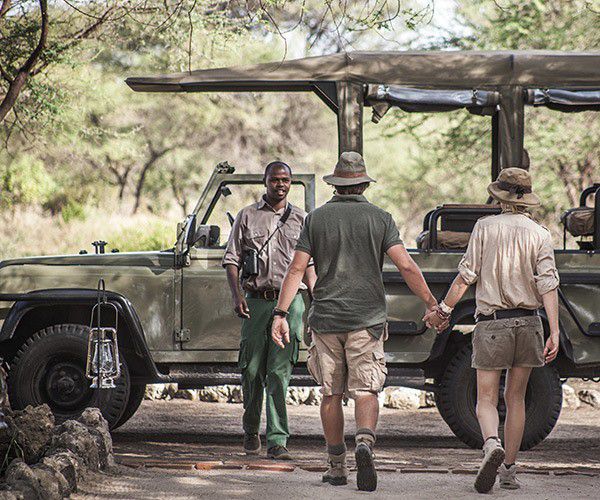
Bring stout shoes, long trousers, and long-sleeved shirts for those chilly nights and bush walks where you might get scratched by thorny plants or bitten by insects. It is recommended you wear neutral colored clothes to blend in with your environment: anything beige, brown, or green will be perfect. This will increase your chance of seeing an animal up close. Don’t forget a hat with a wide brim, either: it can get very hot in the daytime, and the last thing you want is to get burnt or suffer from sunstroke.
Equipment
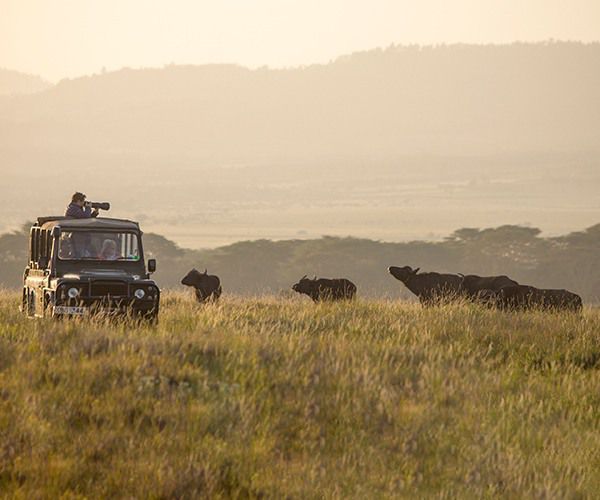
Don’t burden yourself down with equipment, but make sure you know how to use what you have. Guides will generally have professional quality binoculars you can borrow, so your priority will be your camera. A compact camera, smartphone, or small DSLR with an 18-200mm lens will be more than adequate for most people; only pack a tripod, specialist lenses, filters etc. if you take your photography very seriously. Whichever camera you choose, make sure you have a large memory card, plus a spare, the battery and charger, the appropriate plug adapter (NB South Africa uses different sockets to everywhere else!), and a lens cleaning cloth to wipe away dust and smears.
Early starts
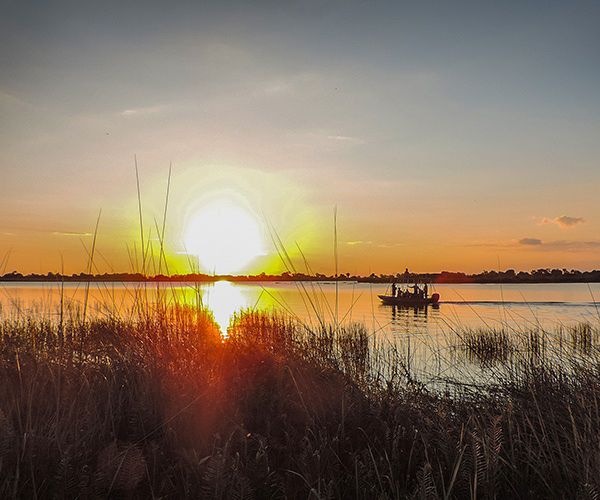
Your days are going to start early! The birds and animals wake at dawn and tend to be most active whilst the day is still cool. This means that you will typically be woken at 5 AM, usually by a lovely member of staff bringing you coffee and biscuits. The early morning is definitely the best time of day for bush walks and boat safaris, and there are good game viewing opportunities during game drives, too. You can compensate for the early starts by having an afternoon siesta when it’s hot, and by going to bed relatively early at night.
Trust your guides
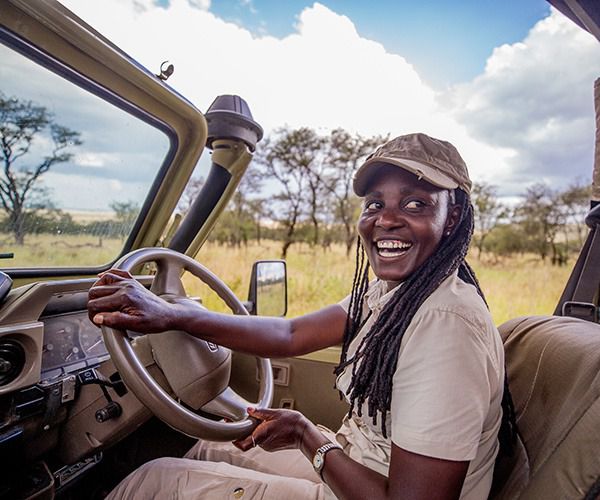
You need to listen and trust your guides. They are the experts. They know what they are doing, and often have been doing it for a decade or more. Listening to your guide is a matter of safety – they may have seen, heard, or smelt something that you haven’t – but they also rely on their experience and intuition to get the most extraordinary sightings for you.
Ask questions
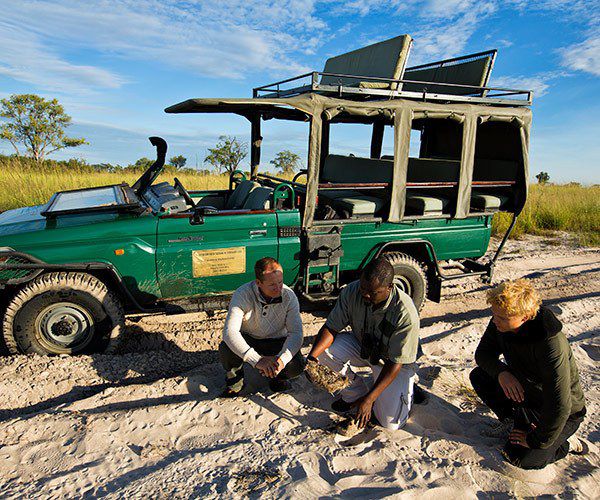
Your safari isn’t just an amazing holiday, it is also an incredible opportunity to learn new things. The more questions you ask, the more you will find out about the different aspects of the extraordinary ecosystems surrounding you. Your guides and trackers have a wealth of knowledge, which often stretches from plant biology to animal behavior, geology to folklore. Draw upon their encyclopedic minds! No question is ever too stupid, and you’ll have a far richer experience if you delve into the fascinating small details your guide can impart.
